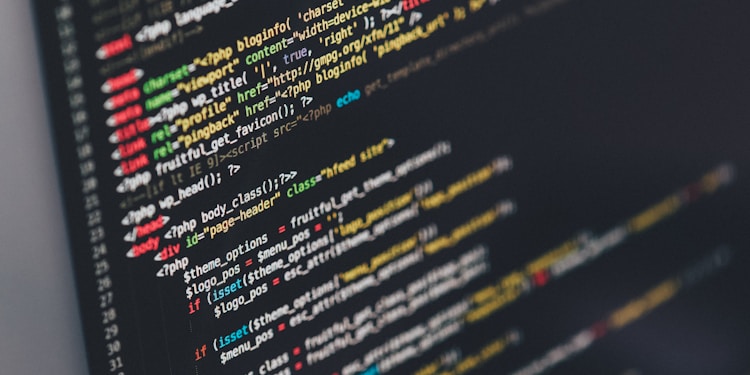Did you know your web security can affect your SEO? While SEO specialists employ various techniques that boost web rankings, far too often web security efforts are left at bay. With hackers getting more creative with their infiltration techniques, it’s essential that SEO practices include web security measures. Even if your site hasn’t experienced a complete hack, continuous ‘potential’ attacks can still pose a threat to your rankings–your web server could slow your web traffic, stop showing your web pages to Google altogether and prevent the GoogleBots from accessing your site.
To start, it’s ideal to look at the outgoing links placed on your site. Links to bad websites can deteriorate your SEO and, in total, tank your search rankings.
Hacks and Their Relation to SEO
In a study conducted by GoDaddy, approximately 73.9% of hacked for SEO motives. The researchers of GoDaddy stated, “Search engine optimization (SEO) spam chases away customers and increases the risk of blacklisting…it’s a favorite among hackers because they use it to redirect website visitors to malicious sites” (source). These hacking have an SEO spam component, and hackers will add links to a website, add new web pages, and they can even show a completely different site just to Google. If this occurs, the impact it could have on a site’s SEO could be quite detrimental; rankings can slip, and in the most severe of cases, sites could be blacklisted. While we may be putting all of our SEO efforts into implementing meta tags, keywords, backlinks, etc., many are forgetting one of the most essential components of a solid SEO strategy–consistent web security.
Monitoring Systems for Security Protection
In the same study, GoDaddy found that only 50% of the participating businesses indicated that they use a monitoring system for security protection, while 48% use external website backups, and 68% effective password strategies. With only 50% of businesses implementing a website monitoring system, that leaves the other 50% vulnerable to hackers and submerged SEO rankings. It’s crucial to have security plugins that monitor and scan for possible hacking opportunities. Your plugins should also have excellent firewall features that not only block potential hackers, but can also block the IP address of site visitors that seem suspicious. However, if you find that you need more than a few plugins to protect your site, there are various services out there that monitor your content for SEO purposes.
To keep your SEO status intact, be sure that you have taken the appropriate measures to ensure that your site is protected. With superior anti-hacking strategies combined with top-notch SEO practices, your site’s ranking is sure to thrive.
Should you have any questions on proper SEO techniques to protect your website, consulting with an agency that specializes in search engine optimization (SEO) will help ensure you have not let anything slip through the cracks.















